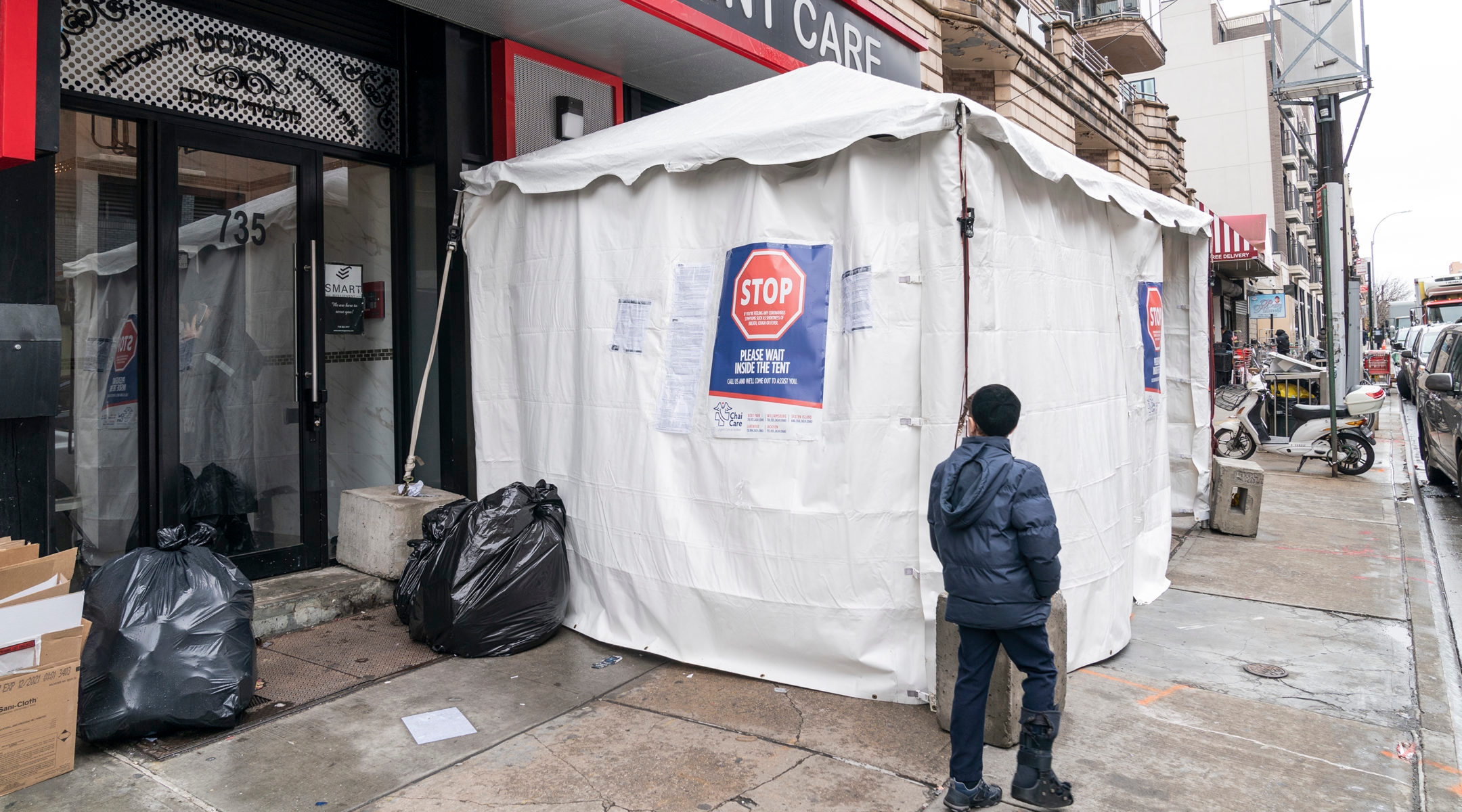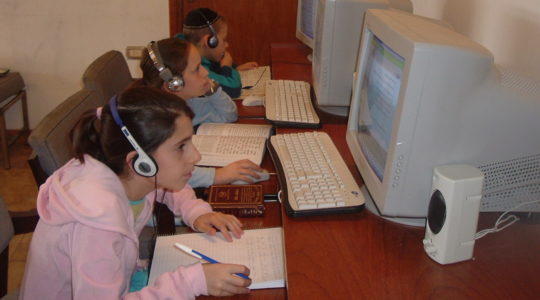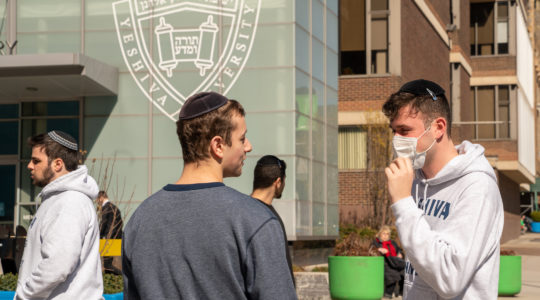JERUSALEM (JTA) — A vicious rumor has been making the rounds: Hasidim are neglecting to take the coronavirus pandemic seriously because we are selfish.
But as someone born and bred in the Satmar community in Williamsburg, Brooklyn, who now lives in Jerusalem and writes for Yiddish publications, I can say that’s wrong. There are many reasons why the COVID-19 outbreak has been worse in communities like mine than elsewhere, and why the response has unfortunately been slower. But none of them have to do with a lack of care for others.
The first major obstacle is access to information. There are virtually no televisions in Hasidic households, as well as very limited access to the internet. Many people weren’t aware of the developments leading up to the crisis, the severity of the situation and official announcements as quickly as those who live in constantly online communities.
The second major reason this pandemic has spread rapidly in our communities has to do with physical space and social interaction. The average Hasid comes in contact with hundreds of fellow community members daily — starting with morning prayers and continuing through communal learning, weddings and celebrations. This is especially true on holidays like Purim, which this year fell out when the outbreak was just beginning to spread in Israel and the United States.
Generational trauma also has a huge effect on my community’s ability to accept extreme measures imposed from the outside. Shutting down synagogues and schools inevitably brings up dark memories in a community that consists primarily of descendants of Holocaust and persecution survivors. It’s natural that leaders are extremely reluctant to accept such measures.
We certainly have a lot of lessons to learn, and it’s easy to jump to conclusions. But to say that my community doesn’t value human life or is being selfish reflects a fundamental lack of understanding. Replacing vilification with understanding would help us play the role we deeply want to in the collective effort to slow the spread of this terrible pandemic.
JTA has documented Jewish history in real-time for over a century. Keep our journalism strong by joining us in supporting independent, award-winning reporting.







